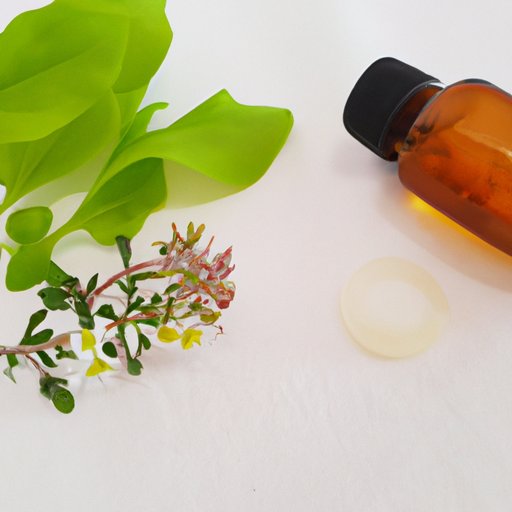
Introduction
Mucus build-up in the nose is a common problem that can interfere with breathing, cause discomfort, and lead to other complications such as sinus infections. While it’s a natural defense mechanism in the body, excessive mucus production can be bothersome and affect daily activities. Addressing this problem is crucial to improve overall health and comfort. This article explores various natural remedies, dietary changes, over-the-counter medications, essential oils, herbs, and environmental factors that can help reduce mucus production and clear nasal congestion.
Natural Remedies to Get Rid of Mucus in the Nose
One of the most effective ways to relieve mucus build-up in the nose is through steam inhalation. Inhaling steam helps loosen the mucus, making it easier to eliminate. You can use a humidifier or take a hot shower to inhale steam. Additionally, saline nasal sprays can help flush out the mucus from the nose and reduce inflammation and dryness. Other natural remedies include drinking ginger tea or turmeric milk. Ginger tea has anti-inflammatory properties and helps break down mucus, while turmeric milk has natural antibiotic properties, making it effective in treating nasal congestion caused by infections.
Impact of Diet on Mucus Production
Some foods and drinks are known to exacerbate mucus production, including dairy products, sugary foods, and alcohol. Reducing or eliminating these foods and increasing the consumption of fruits, vegetables, and herbal teas can help alleviate the problem. Drinking plenty of water also helps keep the body hydrated and reduce mucus secretion.
Effective Over-the-Counter Medications
Over-the-counter medications such as decongestants, antihistamines, and nasal sprays are readily available and effective in reducing nasal congestion and mucus production. They work by shrinking the blood vessels in the nasal passages, reducing swelling, and making it easier to breathe. It’s essential to consult with a healthcare provider before taking any medication to ensure it’s safe and appropriate for individual needs.
Benefits of Essential Oils
Essential oils such as eucalyptus, peppermint, and tea tree oil have natural anti-inflammatory, antibacterial and antiviral properties, making them effective in treating nasal congestion and reducing mucus production. You can use essential oils by inhaling them, applying them topically, or adding a few drops to warm water and inhaling the vapors. Essential oils should be used with care and diluted before use to avoid irritation or other adverse reactions.
Impact of the Environment on Mucus Production
Indoor air pollution, pollen, and dust mites can trigger excessive mucus production and worsen nasal congestion. It’s essential to minimize indoor air pollution by regularly changing air filters, keeping the house clean and well-ventilated, and reducing exposure to cigarette smoke. Additionally, identifying and avoiding triggers such as pollen or dust mites can significantly reduce mucus production and alleviate symptoms.
Healing Power of Herbs
Herbs such as elderberry, marshmallow root, and licorice root have natural anti-inflammatory and soothing properties, making them effective in reducing nasal congestion and mucus production. You can consume these herbs as teas, tinctures, or supplements to get their benefits. It’s important to follow recommended dosages and consult with a doctor before taking any new herb or supplement.
Combined Therapies for Effective Relief
The most effective way to get rid of mucus in the nose is often through a combination of the remedies described above, such as steam inhalation, saline nasal sprays, over-the-counter medications, essential oils, herbs, and environmental changes. A more holistic approach can address the underlying causes of mucus build-up and provide long-lasting relief. A few optimal combinations of remedies include steam inhalation with eucalyptus oil, saline nasal sprays with turmeric milk, or over-the-counter antihistamines with immune-boosting herbs.
Conclusion
Mucus build-up in the nose can be a bothersome and uncomfortable problem that interferes with daily life. Fortunately, there are various natural remedies, over-the-counter medications, essential oils, herbs, and environmental changes that can help reduce mucus production and relieve symptoms. By integrating these remedies into daily routines and adopting a more holistic approach, individuals can improve their overall health and comfort.
Disclaimer: The information in this article is not meant to replace professional medical advice. Please consult with a healthcare provider before trying any new remedy or medication.




